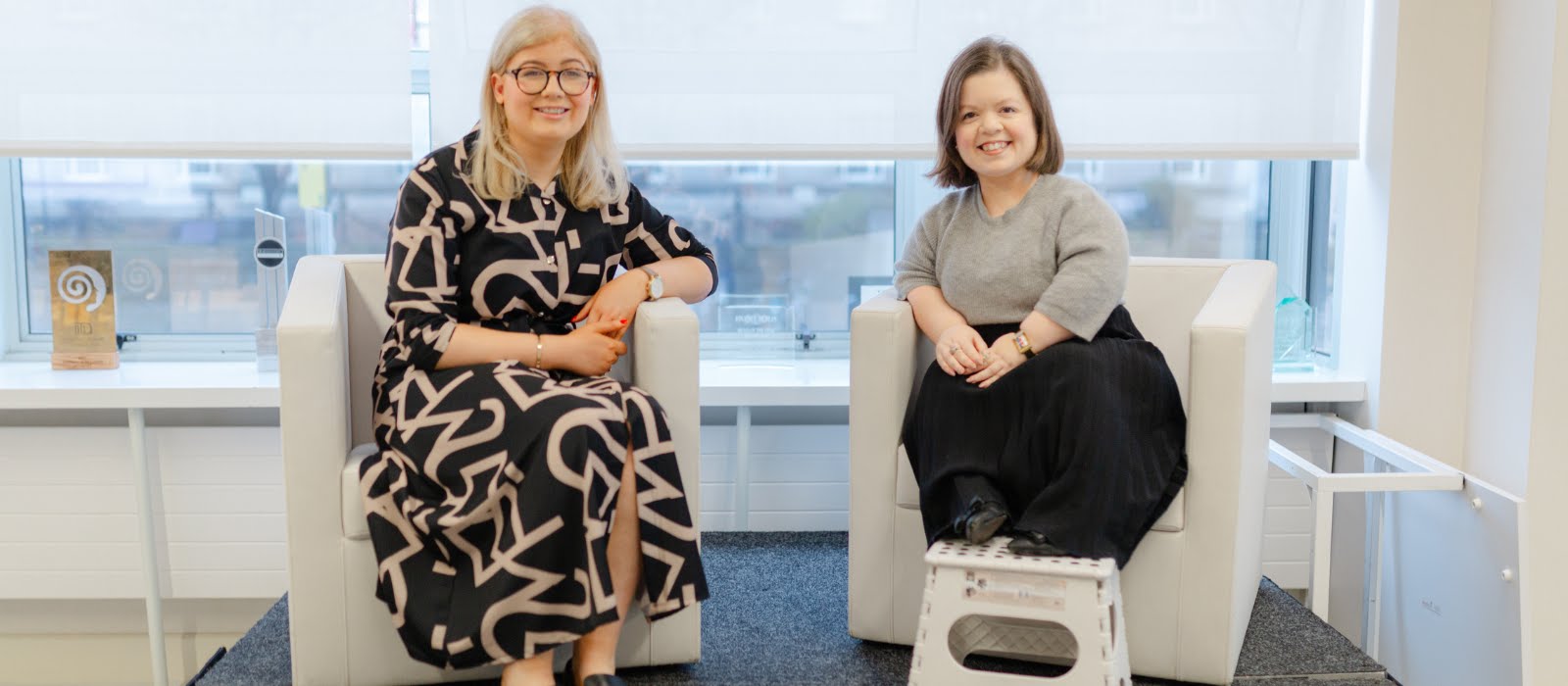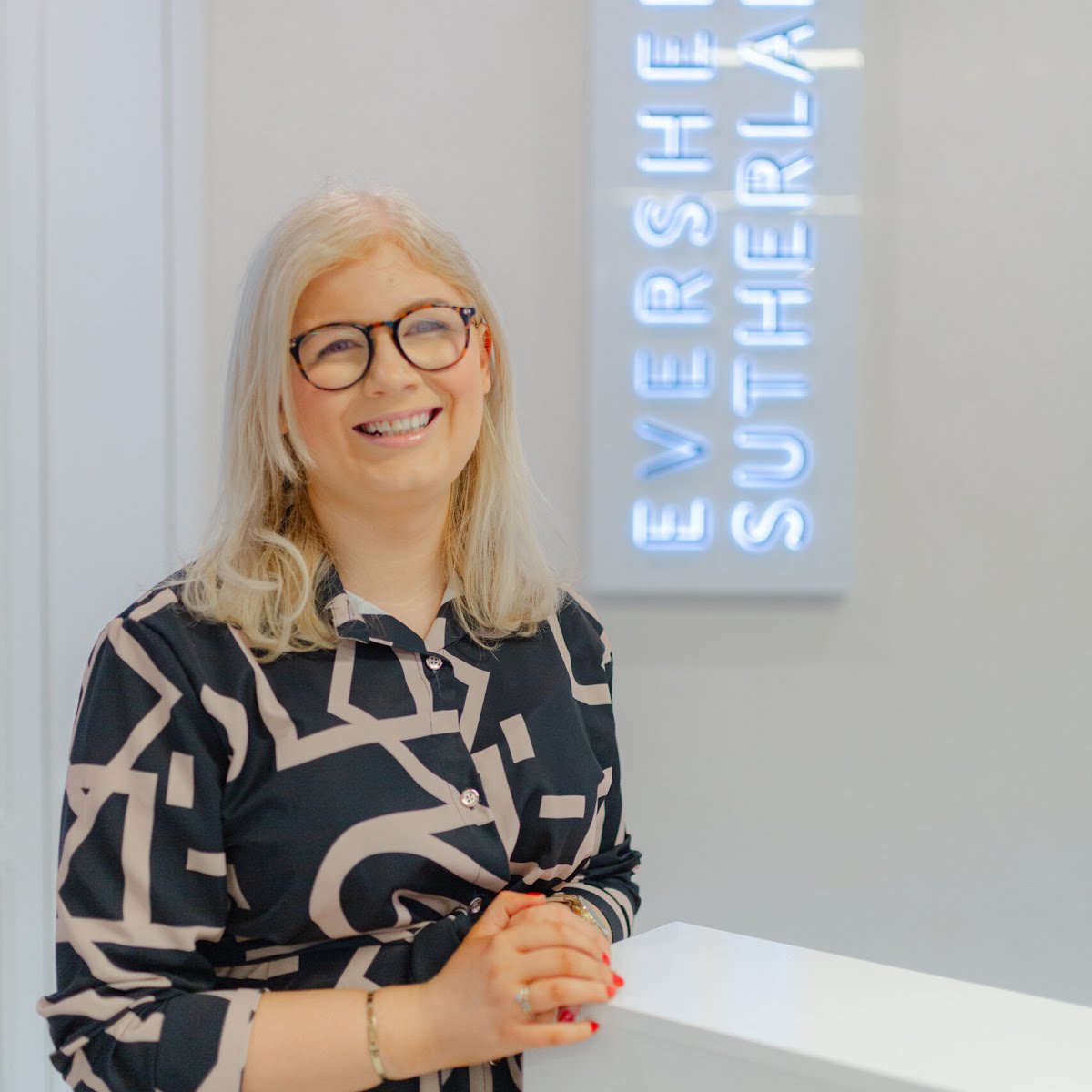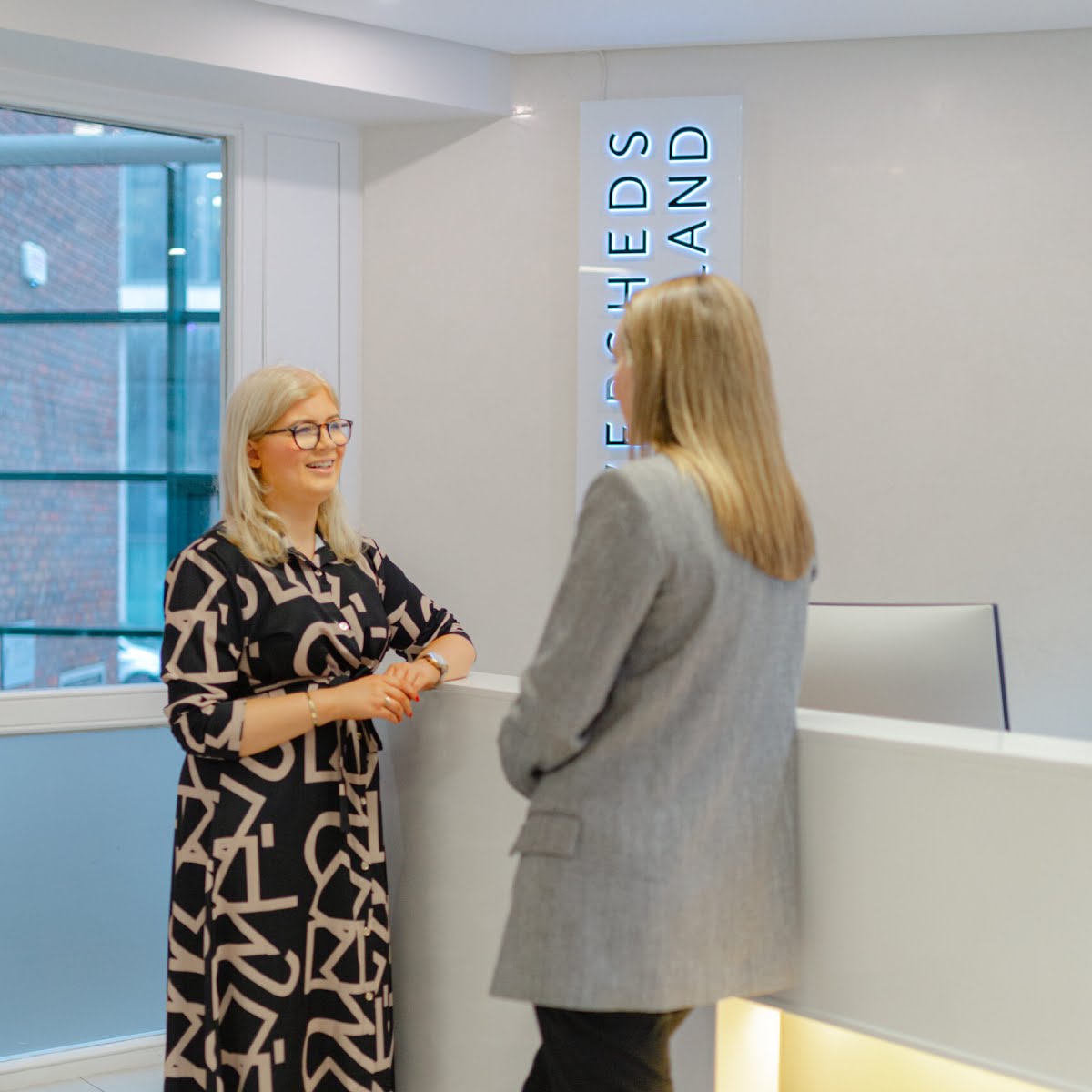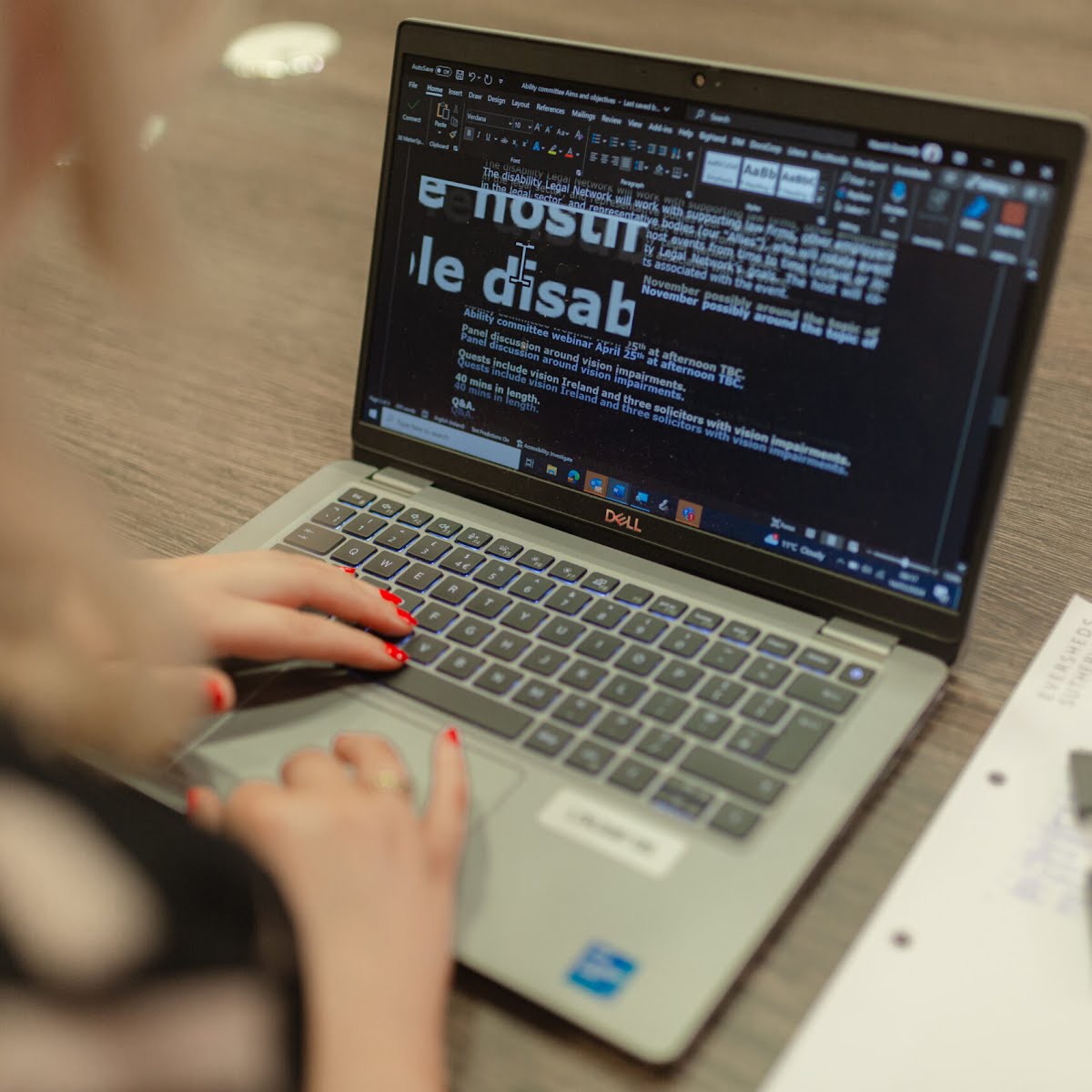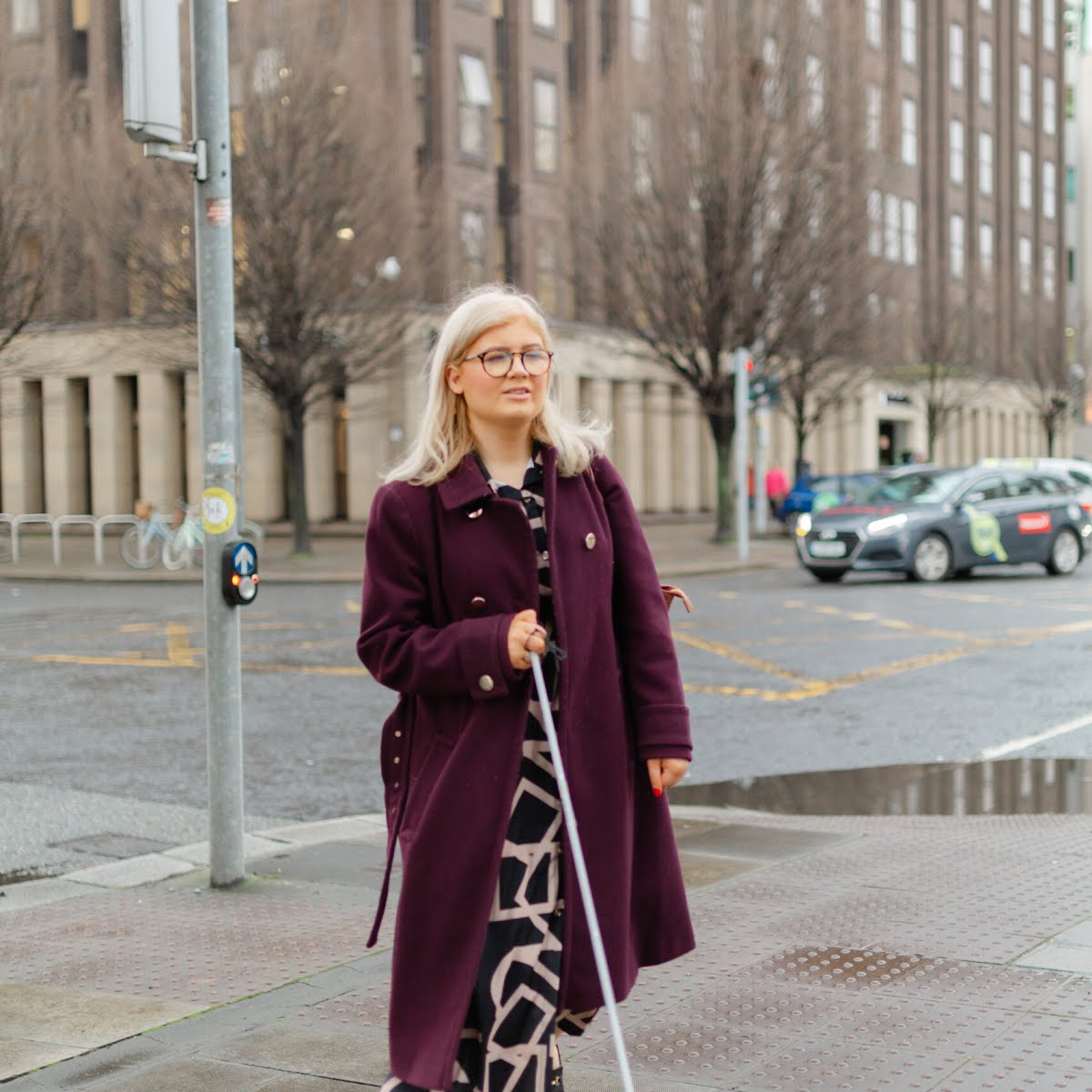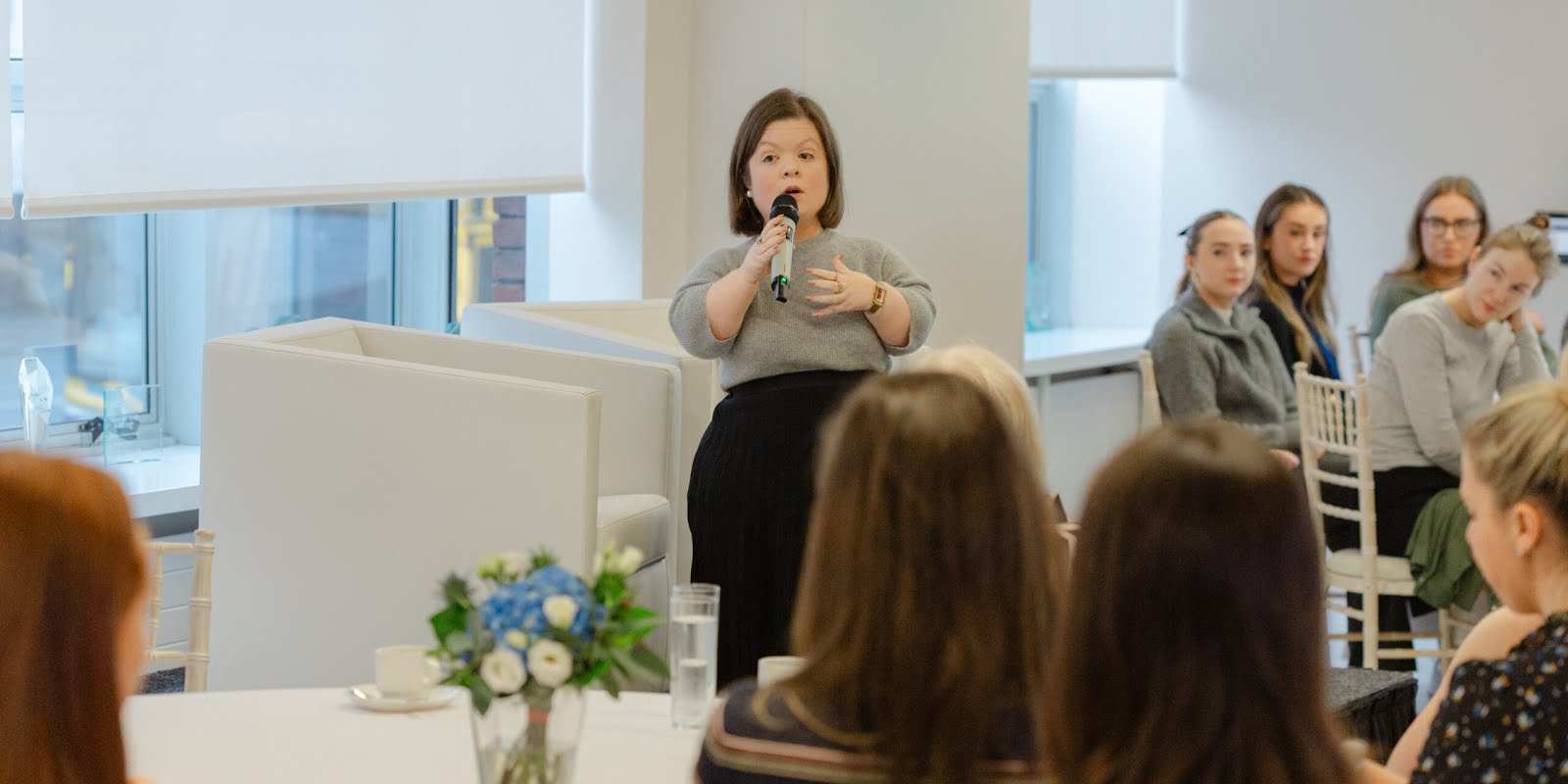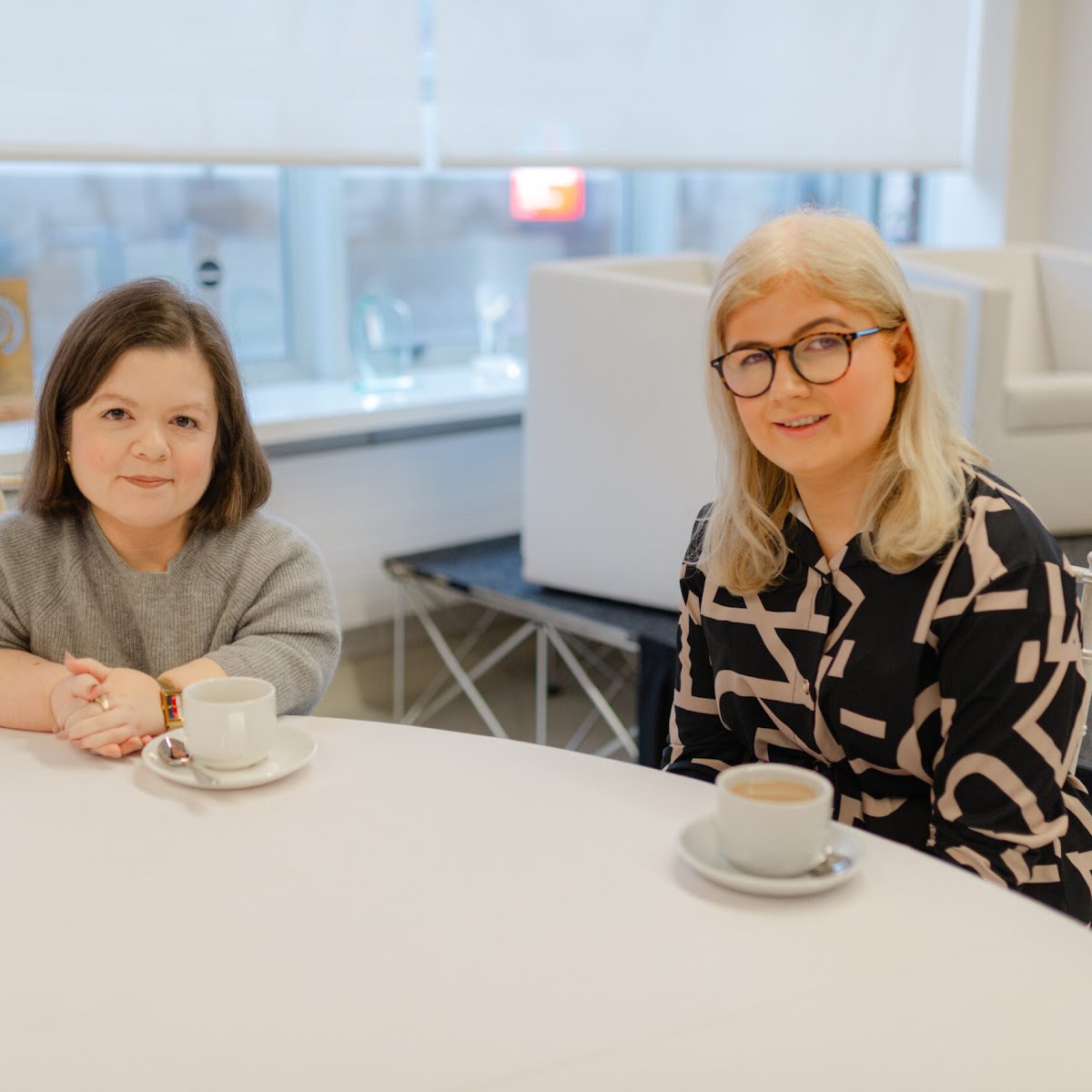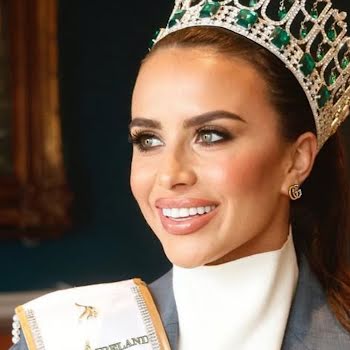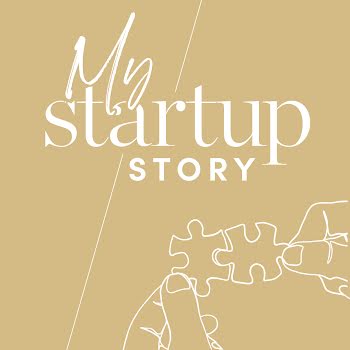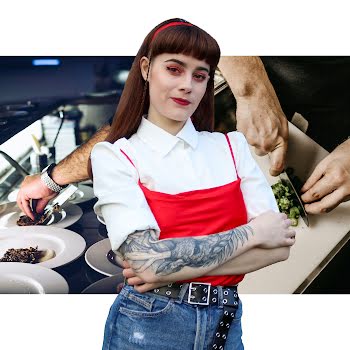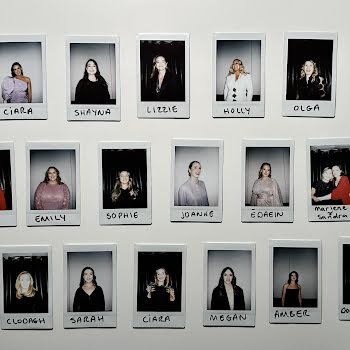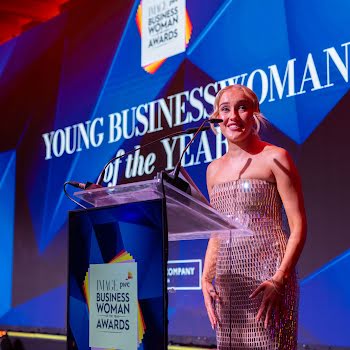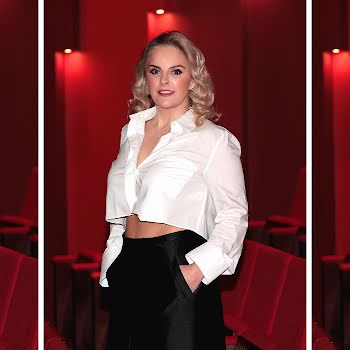
Disability in the workplace: How we can create a more inclusive environment


We sit down with Eversheds Sutherland's Niamh Donnelly, who shares her personal experience as a disabled person in the workplace and how businesses can offer better support and access.
“Disability activist and founder and CEO of accessibility consultancy Tilting the Lens, Sinéad Burke often says that people with disabilities are engineers by design, and I love that because we are. Every day when we leave our house there is some hurdle we have to jump over and work our way around.”
Twenty-five-year-old Niamh Donnelly is passionately speaking through her Zoom camera, recounting her own experience as someone with a disability and how now, as a trainee solicitor at Eversheds Sutherland, she’s advocating for a more inclusive work environment, especially in law.
“I was born with a condition called albinism,” Niamh explains. “So I have no pigmentation in my skin, hair or eyes. Because of this, I am significantly visually impaired and am classed as legally blind.” This along with a few other conditions like nystagmus (repetitive, uncontrolled eye movements) and photophobia (sensitivity to light), means she needs assistance with some day-to-day activities. This could be anything from using a magnifier to read or asking a stranger to help wave down a bus.”
Niamh was born in a small town in Leitrim and often experienced harassment as her condition was quite “visible” when she was young. “When I was a kid, my albinism was very visible because of my white hair. I was bullied by strangers, who’d pull my hair in the playground to see if I wore a wig and stuff like that – that was traumatizing for me. So I dyed my hair as soon as I could.”
When she went on to secondary school, she struggled without supports in place that were needed for her success. “I had done terribly on the Leaving Cert because some of the supports were taken from me a week before and I didn’t know. For example, I wasn’t allowed extra time in subjects that required a lot of reading like history.” But she persevered, and instead of letting it block her path towards further education, she chose to pursue a path in law. She applied to Maynooth University through their arts program, then transferred to their law programme.
When Niamh’s family suggested that law might be too difficult to study with her visual impairment, she was determined to disprove their assumptions. “I like when people expect less of me because I prove them wrong 99% of the time. So I got my degree, and I did really well in college. I loved it because no two people were the same there. I was meeting everyone from different backgrounds.”
Niamh found Maynooth University’s Access Office to be an invaluable resource and she was able to find an encouraging community of friends. “The Access Office was extraordinary and they made sure I got every support I needed for my degree. I thrived and my exam results were great. I went to the school’s orientation program called Launchpad for people who came in through a disadvantaged route to education, such as those from DEIS schools, disadvantaged areas, or a disability background. It was brilliant; I got so many opportunities from it and I ended up becoming the Launchpad coordinator for logistics in my final year. It was like a family within the college.”
From there, Niamh secured a four-week internship at Eversheds Sutherland in 2021 where she found an equally inclusive environment. “It’s coveted to get internships in all the big law firms, so I was absolutely thrilled to get the spot. I really enjoyed it. It was during COVID and it was all online, so I asked if anyone wanted to volunteer in Barretstown together for a day. I met my fellow interns and it was one of the highlights of the programme.”
Volunteering has always been a huge part of Niamh’s life, first as a teenager in her local youth club in Leitrim organising events and then in her college with the Access Office. After her internship, she returned to Maynooth University to coordinate Launchpad and did some more work with them before Eversheds invited her to return as a practice intern on secondment for two years before starting her training contract.
“I was incredibly naive before I joined Eversheds. I had some legal experience in a boutique law firm in Leitrim, and I was expecting the corporate world to be this really scary environment where people were out for themselves. But, my biggest takeaway from the internship was how friendly everyone was. They were all willing to help, answering emails straight away and supporting me where needed. And when I started in-office at the firm, that was maintained. They have an open-door policy, so you can just walk into a partner’s office and ask a question, and it’s perfectly encouraged. I’ve always felt welcome there.
“They’ve gone above and beyond to make sure my needs were met in terms of my disability. When I was doing the FE-1 exams as an intern they made sure I had appropriate time to study. I needed more time than my colleagues because when I’m studying I can’t glance at things – I need my magnifier and things like that. So I needed extra time off work on study leave and they were willing to give me that no problem. In fact, anything I needed, they were always there to make my experience more comfortable.”
This inclusive environment is needed for Niamh to succeed, she explains. “It means people like me don’t feel like an outcast or like we’re less than anyone else. An inclusive workplace isn’t just about cupcakes and random celebrations; it’s more than that. It’s about changing attitudes and people’s way of thinking. And we’ve helped accomplish that with the Ability Committee.”
As part of this committee and as a member of Eversheds’ Disability Network – the firm’s organisation that aims to bring awareness to the staff about different topics on disability and educate them on the best ways to be allies in the workplace – Niamh helped organise disability awareness training for the staff last year and is starting a monthly coffee club, encouraging a support group of people to discuss all things disability.
“The awareness training helped make people see things from everyone’s perspective – and that’s hard because, with disability, there are multiple perspectives. Everyone is touched by it in some way and everyone, if we’re lucky enough to grow old, will experience disability due to our age. So, it shouldn’t be ignored and we should tackle it head-on. ‘Disability’ is a word many people feel frightened of, but I think the more people say it, the better. It’s just a fact. Of course, we try to see the ‘ability’ in the word, but it’s important to talk about disability and make sure the environment is inclusive for everyone, that it’s not just a token, and attitudes are actually changing.
“As part of the Ability Network, we are also starting a monthly coffee club. We emphasise that no one is obligated to disclose a disability but we aim to foster an environment where people feel comfortable to do so if they want to.” The aim of the club is to help spread awareness and provide a supportive network.
As a wider initiative, Niamh has also joined the disAbility Legal Network, established to promote equal opportunities for people with disabilities within the legal sector. “It’s a network of people that support each other and spread awareness about disability in the legal field. I’ve been on the steering committee for two years now, and we primarily organize events around disability. So every firm that’s an ally of the network, including Eversheds, have pledged to host an event and to try to create a more inclusive and accessible environment.
“We’ve hosted events that touched on everything from neurodiversity to accessibility in buildings. It means that our colleagues get to hear our perspectives in an environment that they already know as able-bodied people. So it’s a really great opportunity – and it’s not only for people with disabilities, it’s encouraged people without a disability attend the events because they’re often the people that need to hear these perspectives more.”
Fast forward to today, and Niamh and I were delighted to see Eversheds pledge as an ally in action. The law firm organised a talk with one of Niamh’s role models, advocate for disability and design Sinéad Burke, to discuss disability in the workplace and how we can create an environment with equal access. Gathered in a small conference room, Sinéad took the stage to raise these issues, as well as offer solutions for businesses in this area.
“If we have principles that make people feel less than, we should change them,” Sinéad said, holding the rapt attention of the entire room. “The average workplace is not designed for disabled people to succeed. It is the workplace that is disabled, not the person themselves.” She went on to discuss how we can change this by “challenging that mindset from the top down” by designing workplaces that offer inclusivity, access and supports for everyone. Sinéad went on to share her experience as a little person, someone with a visible disability, and how it has impacted her extraordinary life path as a teacher, writer, fashion admirer and entrepreneur.
View this post on Instagram
This idea of a visible versus non-visible disability is something Niamh has experienced firsthand. As she mentioned previously, she was often bullied as a child for her then ‘visible’ disability. However, as she’s gotten older, and her disability is less noticeable, Niamh often experiences mistreatment for a different reason, whether it’s a cyclist who’s upset she didn’t move out of their way or a driver who ran a red light and almost hit her when she crosses the road – they don’t realise she has a visual impairment. This is why Niamh often uses a symbol cane; rather than a walking aid, it symbolises she can’t see. “It’s for my safety because I’ve gotten abuse from more people than I can count, and for me, commuting can be dangerous.”
Building on Sinéad’s earlier point about being “an engineer by design”, Niamh explains that “the world is not designed for me. I am not disabled because I was born with albinism. I am disabled because of how society was built. And it’s not built for me, so I have to figure out a way to work things. Every day there’s something I have to do whether it’s cooking food, catching the bus or using my phone that I have to figure out on my own. If I have to go somewhere new, I have to plan ahead; I need to map out the route and memorise it and things like that. It’s a process – but I love the challenge. And that’s the thing… we accept and embrace challenges when we have disabilities because we have to.”











